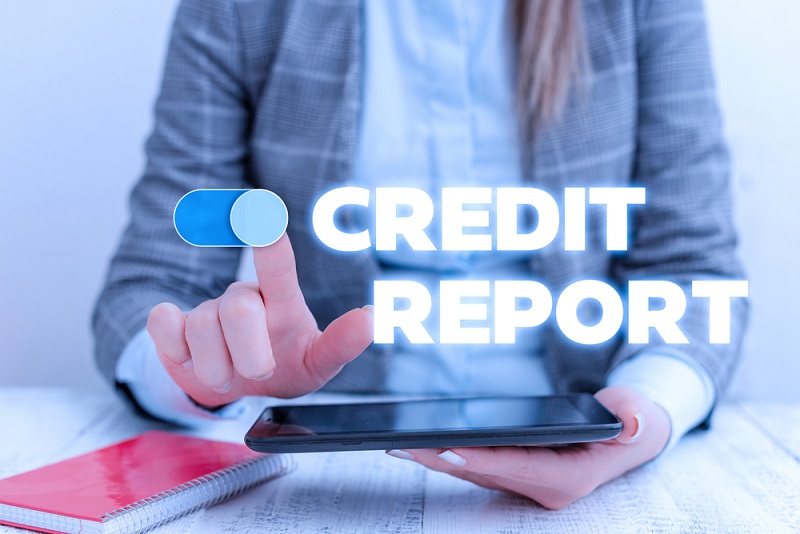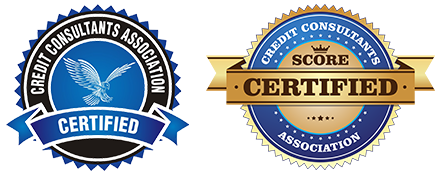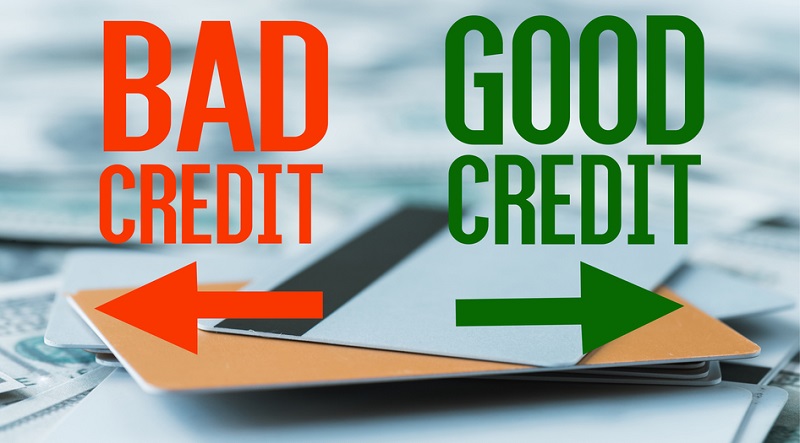- Home
- Repair 101
- Annual Credit Report and Score
Interpreting Your Annual Credit Report and Score Before Applying for a Loan!

Have problems interpreting your annual credit report and score? There are some things you should know.
Your credit score controls your lifestyle in many ways. You may know that it can stop you from securing an auto or home loan without a substantial down payment, but what about your ability to rent an apartment or secure student loans to further your career?
Even getting a job may involve a credit check if you’re in some industries or want to rise into upper management.
Before you apply for a new loan or take that next step up the corporate ladder, there are some things you should know about interpreting credit report scores.
Why an Annual Credit Report and Score?

Credit scores are three-digit numbers that represent the financial history of a consumer. Every consumer has three credit reports, which the three credit reporting agencies maintain:
- Experian,
- TransUnion,
- And Equifax
Banks and other financial lenders report information to these credit bureaus when a consumer applies for and/or receives a credit card, line of credit, loan, and other types of borrowed money.
Credit reports may also reflect liens, bankruptcies, and other information regarding a consumer’s financial history.
Information collected in your credit report is reduced to a number, and that becomes your credit score. It’s often that number alone that makes the difference between rejection and acceptance when you apply for credit cards or loans.
Why Your Credit Score Changes!
The annual credit report and score you see today can change before you wake up tomorrow. Banks and other financial institutions typically report information to credit agencies every month.
Collections accounts, new lines of credit, and other information can be added to your report at any moment without warning.
All of that information changes your credit score, depending on the credit bureaus’ weight on different types of financial data. If you make responsible financial decisions, you can expect to see your credit score go higher. Make any poor decisions; inaccurate information gets added to your report, and you could see it fall.
Each credit bureau also has its own annual credit report and score, based on information contained in its credit report for every consumer.
How to Check Your Annual Credit Report and Score!
1. Order your scores from a credit agency. All three agencies offer a variety of credit products, ranging from one-time credit score checks to ongoing credit monitoring.
2. Check your score through another reputable source. For instance, many credit cards offer monthly credit score checks for their customers.
3. Monitor your annual credit report and score with Credit Karma or Credit Sesame. These services allow you to check your credit scores for free, but they aren’t associated with credit bureaus. You exchange free access to your credit scores to access your credit report.
If you use multiple services to check your annual credit report and score, you may notice that each source provides a different score. They should all look about the same, but they’re not likely to be the same.
There are multiple credit scores, including particular scores used only by car dealerships or mortgage lenders.
When checking your annual credit report and score, the best you can do is to get a general idea of where it stands the day you check. The scores seen by lenders should look similar.
How to Interpret Credit Report Scores!
Credit scores range from 300 to 850. The following chart will show you what your current score means:
Score
Category
What It Means
750 and Above
Excellent Credit
You make responsible financial decisions. The risk of lending you money is extremely low.
700-750
Good Credit
You’ve made some financial blunders but are entirely responsible overall. The risk of lending you money is low.
650-700
Fair Credit
You have some blemishes on your credit report. There is some risk for lenders.
600-650
Bad Credit
You’ve made poor financial decisions in the past. Lenders assume a considerable risk when loaning you money.
600 and Below
Very Bad Credit
Your credit report contains a lot of negative information. Lenders assume a considerable risk when considering you for credit.
Is It Possible to Have No Credit Score?
Most consumers start with no credit when they turn 18. There is no data in your credit report yet, so no score has been calculated.
If you go several years without securing credit, you may also have no credit score. Even if you have bad credit, you can allow the negative information to fall off your credit report over seven or more years and end up with no credit score.
You can begin building your annual credit report and score by securing a credit card or loan. Some lenders would rather work with bad credit than no credit, but secured credit cards are available to everyone.
Many car lots will also work with consumers who have no credit. You only need one line of credit to start building your credit score.
What Your Credit Score Means!

The higher your credit score, the less risk is assumed when loaning you money. Lenders can use your score as well as information found in your credit report to accept or deny your application for lines of credit, credit cards, and loans.
They may also do a soft pull of your credit, which doesn’t impact your credit score, and then send you pre-approvals for credit cards or other financial programs.
Think of your credit score as a three-digit number representing your financial reputation. Just as you build your professional image and strive to prove your reliability to friends, you should work hard to repair your credit report to keep your score as high as possible.
It’s Not Too Late to Boost Your Credit Score!
Have you checked your annual credit report and score yet? If this is the first time you’ve looked at the number or it’s been more than a year, perhaps you’re surprised at what you see.
We hope it’s a good surprise with a score beyond your wildest dreams, but the chances are high that it’s lower than you expected.
The good news is you can still improve your credit score. Credit repair is possible even if your score is in the 300s or you have no score at all. It will take some time and a few changes to how you handle money, but you can raise your credit score legally and permanently.
Free 5-Day - Start Repairing Credit Challenge - Do It Yourself - Including A Live Expert Question & Answer Session.

Related Articles:
- How to Start Repairing Credit
- Credit Repair Shouldn't Cost a Fortune!
- Credit Score Ranges Explained in Terms That You Can Understand
- Better Credit Booster News and Tips
- 101 Credit Tips to Boost Credit Score Points, Today!
- Frequently Asked Credit Repair Questions and Answers (FAQ)






